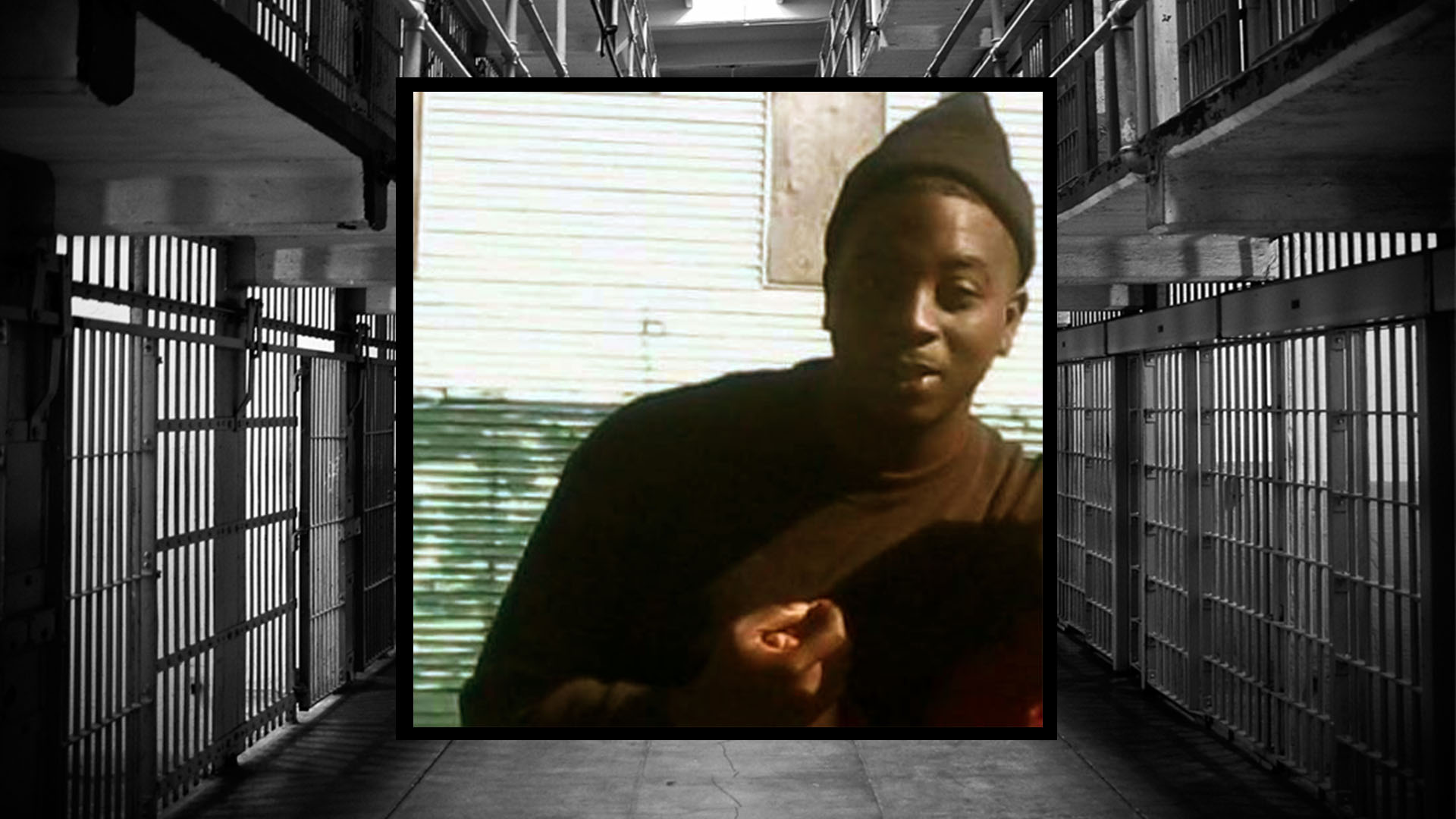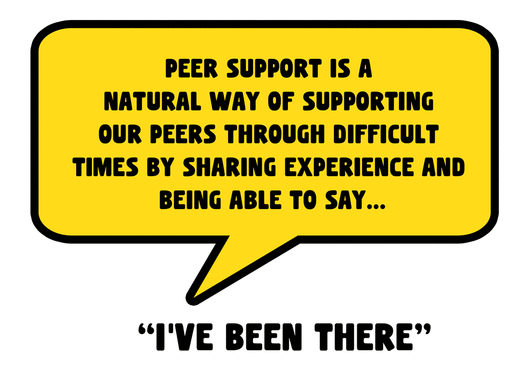
(6-10-16) The top editorial in today’s Washington Post. Thank you!)
In a Virginia jail, a young man wasted away and died — and no one bothered to notice
By Editorial Board June 10 at 7:37 AM The Washington Post
A MENTALLY ill black man, just 24 years old, is arrested in April 2015 for shoplifting a Mountain Dew, a Snickers bar and a Zebra Cake — total cost: $5 — from a convenience store in Virginia. He languishes in jail for 14 weeks, refusing medicine, his weight plummeting, his cell smeared with feces. After 101 days, having lost more than 40 pounds — literally wasting away, as a starving man does — he dies.
And no one noticed a thing, until it was too late.
Those are some of the essential facts surrounding the case of Jamycheal Mitchell, whose death last summer triggered at least three official investigations and not one coherent answer to the central question: Why didn’t anyone intervene?
The first and hastiest investigation was done by the facility where Mitchell starved to death, the Hampton Roads Regional Jail. Scarcely a week after his body was discovered, jail officials concluded their probe, pronounced themselves blameless — and released not an iota of information.
The next two investigations, by Virginia’s Office of the State Inspector General and the Department of Behavioral Health and Developmental Services, were no more edifying. The inspector general, citing guidance from the state attorney general, said it lacked jurisdiction to question jail personnel, thereby raising doubts about the utility of its existence. And the DBHDS, in thousands of turgid words, did not bother to address or, so far as can be determined, even ask about the most glaring failure of all: How could no one have noticed that a man was wasting away in plain sight?
This is not an investigation. This is a whitewash.





